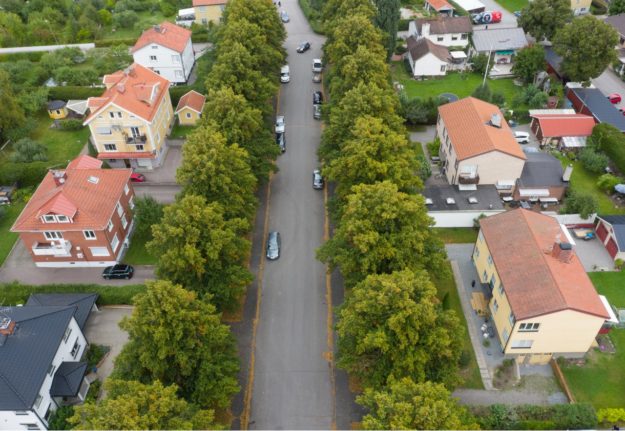For the second time in a row, consumer confidence in Germany has noticeably grown, market researchers GfK said.
"Consumers are noticeably more confident as they enter the new year and the consumer climate is continuing to improve," the statement read.
"Economic and income expectations, as well as the propensity to spend, have all increased tangibly."
Domestic consumer demand also rose to an eight-year high for January.
GfK noted that the last time the figures were at this level was prior to a rise in the VAT sales tax increase, which led many people to rush to shops to stock up on big purchases before they got more expensive.
Looking ahead to next month, GfK's headline household confidence index was forecast to rise to 9.3 points in February from 9.0 points in January.
"That is the highest level since November 2001. The upward trend is continuing in the consumer climate. The outlook for consumer spending is looking increasingly brighter," GfK said.
Consumers expect lower energy and oil prices combined with a falling euro to drive down the prices of German-manufactured goods.
Domestic demand would therefore be a major factor in overall recovery this year, the institute predicted.
Earlier this week, the widely-watched Ifo business climate index rose for the third time in a row to its highest level in six months.
The company polled 1,000 Germans to arrive at their findings.
SEE ALSO: Business makes confident start to 2015


 Please whitelist us to continue reading.
Please whitelist us to continue reading.
Member comments